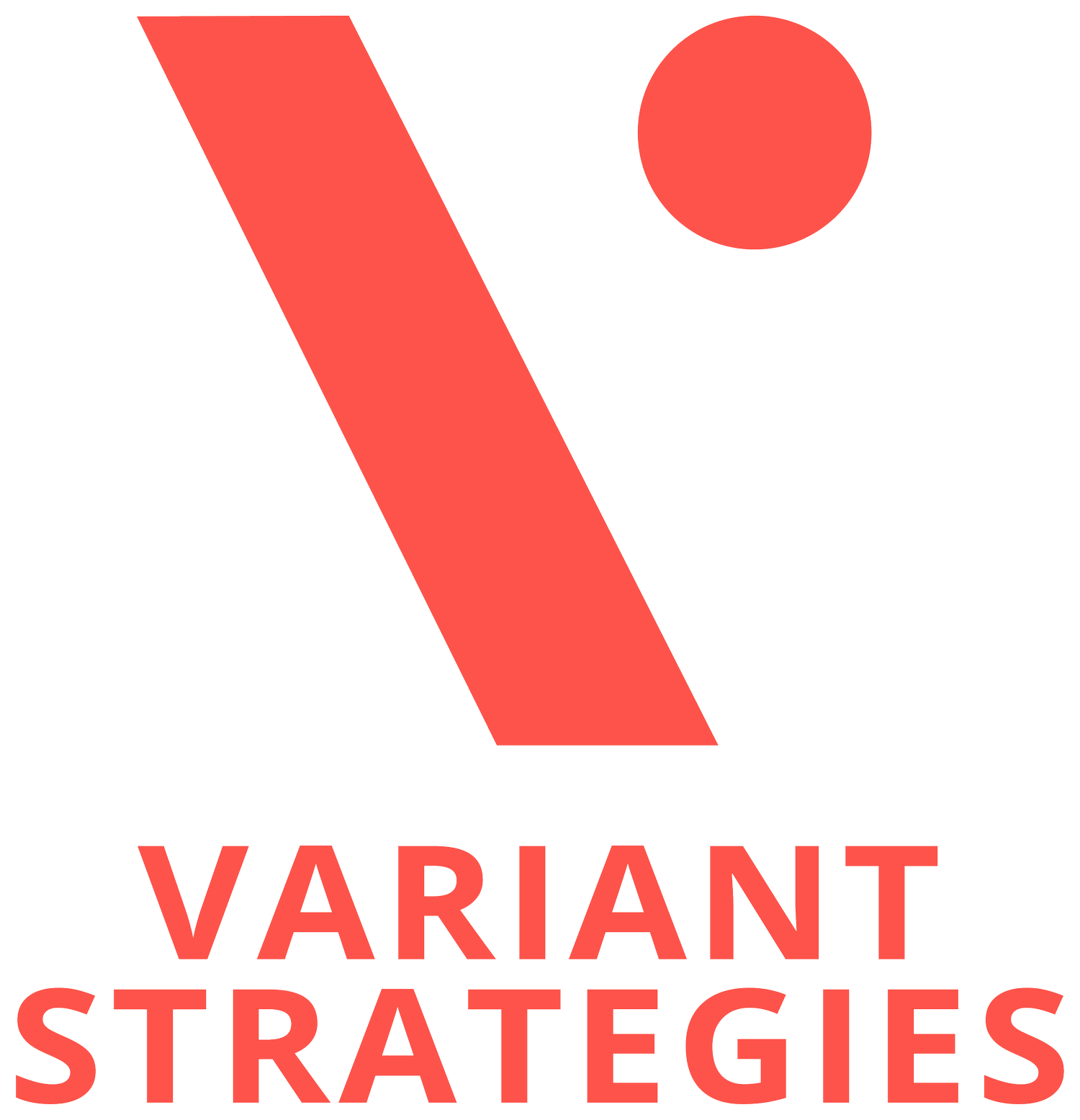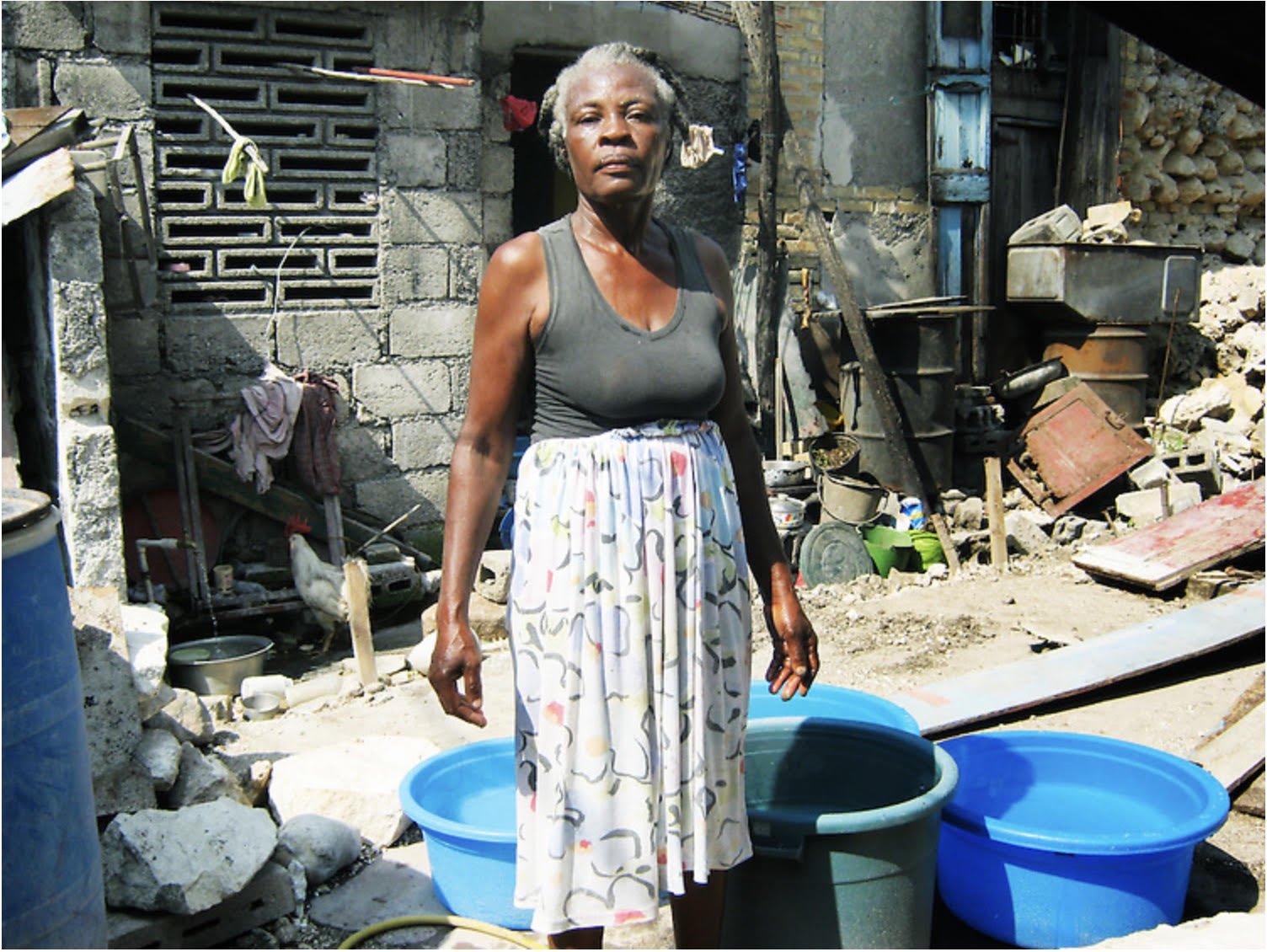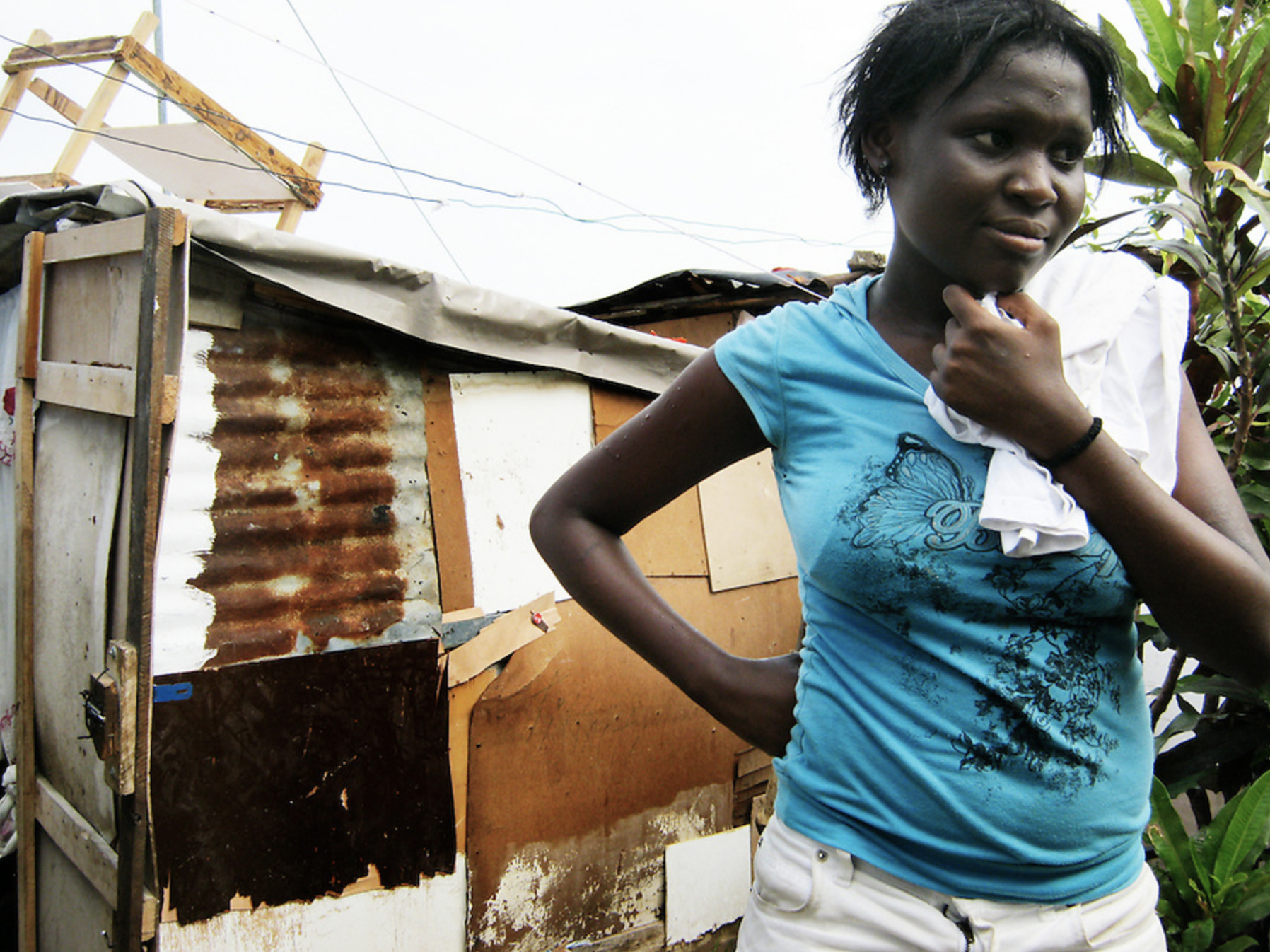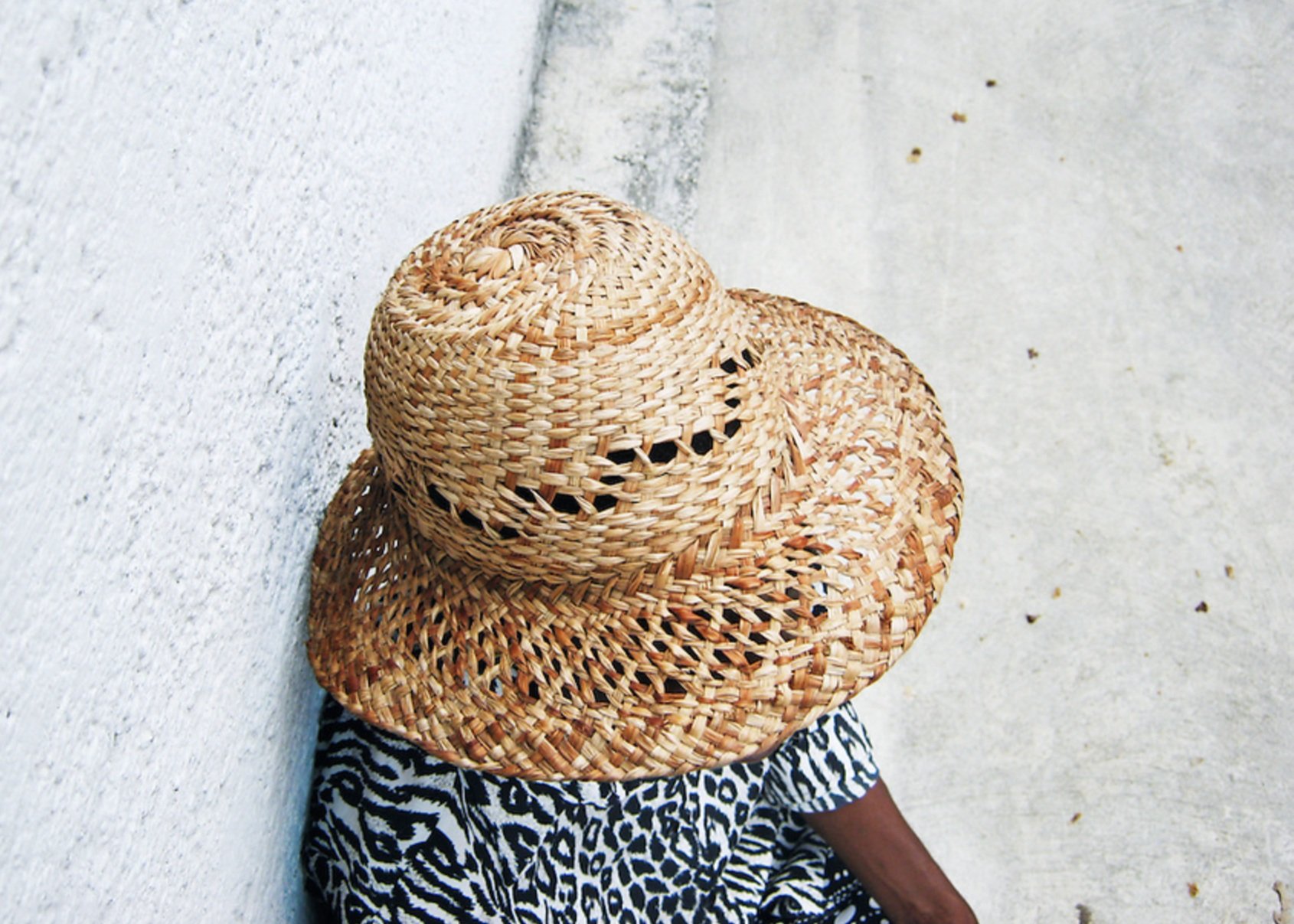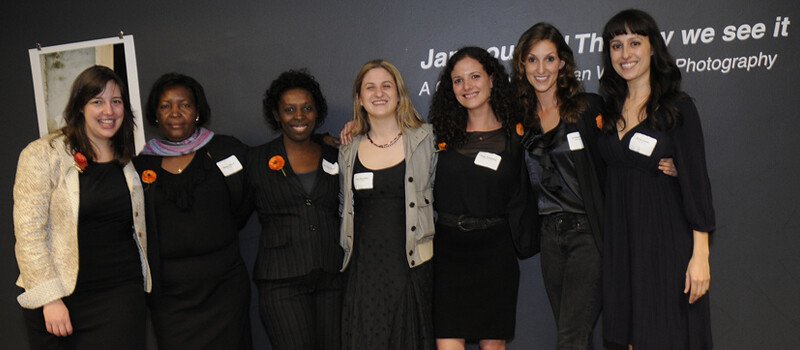Ja Nou We L/The Way We See It
CHALLENGE
Grassroots women’s voices, people actually living in the camps, had the most important information and access to inform recovery efforts. One problem was that all reporting about Haiti was by foreign press. And recovery efforts rarely included the vast majority of women in Haiti, represented by grassroots leaders, while they were disproportionately affected by gender based violence (GBV), especially in the camps.
SOLUTION
Digital Democracy worked with grassroots Haitian women on a variety of programs. On our first trip to Haiti, we went to work with UNHCR, who did not let grassroots women leaders into our meetings. But we wanted to be sure we were both supporting grassroots Haitian women and leave something lasting behind. So we raised money for a few digital cameras, and trained Haitian grassroots leaders on how to use them. Read more on our newsletter: Haitian Women Survivors, Technology, & Storytelling: Why I Started Variant Strategies #2.
OVERVIEW
Digital Democracy trained five groups’ leadership* in basic photography and how to capture their experience in the aftermath of the earthquake in Haiti which killed over 300,000 people and produced the highest rate of rape in the world. The leaders of the five grassroots groups received a basic training in digital photography, then took the cameras home to complete an assignment. This collection of photographs that resulted from that training is extraordinary. The photographs capture the post-earthquake reality of 30 Haitian women survivors of gender-based violence: tarpaulin shelters, makeshift bathrooms, and kitchens. In short, a world with few doors to lock in which no one has private space. The women at KOFAVIV titled the collection: Ja Nou We L, which translates to “The Way We See It.” The goal of the series was to enable Haitian women to share their views of life in the camps, the insecurity they faced, and ultimately to be able to tell their own stories. We also wanted to get a sense of the women’s level of comfort with technology, and decide which group we were going to work with. We ultimately decided to work with KOFAVIV, a grassroots service provider and advocacy organization that serves women survivors of GBV and is made up of 2000 members.
Impact
Abby secured a partnership with ELK studios, a NYC based Photography Agency. With Digital Democracy, we curated all content for an exhibition catalog and worked with the leadership of KOFAVIV, who wrote an essay for the exhibition catalog. Digital Democracy and Elk Studios produced a launch event at Splashlight Studios with the two leaders from KOFAVIV that raised over $20,000 for in support of KOFAVIV’s services. The launch also resulted in press to help raise awareness about the realities of Haitian women at a time when much discussion was taking place about how to best respond to the 2010 earthquake and the crisis of GBV. The catalog is written in both English and Haitian Creole. The exhibition catalog and photo collection of the 47 original photos are available for purchase, and benefit the women in Haiti.
The collection of photographs helped Haitian women survivors of GBV ultimately operate their own photography program, independent of the organizations that collaborated on the launch, and helped with other programs, like influencing hundreds of thousands of dollars in U.S. Aid and KOFAVIV’s hotline, which sent “ambulances” (decorated trucks) to women who texted for treatment of gender based violence.
* Leaders of the following groups were included in the first photography training: KOFAVIV (The Commission of Women Victims for Victims), FAVILEK (Women Victim's Get Up Stand Up), CONAMSI (The National Council of Merchants in the Informal Sector) and KONAMAVID (National Coordination of Direct Victims).
**In order of appearance, the photograph titles, given by the Haitian women (and descriptions of an element of the story) are, from top to bottom: 1) Rezistans / Resilience. April 2010. 2) Chans pa bòlèt la / Luck of the draw. April 2010. 3) Emily Jacobi of Digital Democracy (not pictured, Abby Goldberg) during the first photography training with the leadership of five grassroots women's groups in Haiti. April 2010. 4) (left) Espri li yon lòt kote / In another place. April 2010. 5) (right) Sòti anwo / From above. April 2010. 6) At Splashlight Studios Benefit for KOFAVIV, first exhibiting the Ja Nou We L collection. From Left to Right: Emily Jacobi, Malya Villard, Eramithe Delva, Erin Kornfeld, Abby Goldberg, Emilie Reiser and Erica Leone. (April 2011)
Press
Cool Hunting, ARC the Magazine, Fotovisura, International Center for Photography, Flavorpill, boblagesphotography.blogspot.com
Abby Goldberg, Founder of Variant Strategies, co-led the Haiti Program at Digital Democracy from late November 2009 - July 2011. Digital Democracy worked in collaboration with ELK Studios, Splashlight Studios and KOFAVIV.
